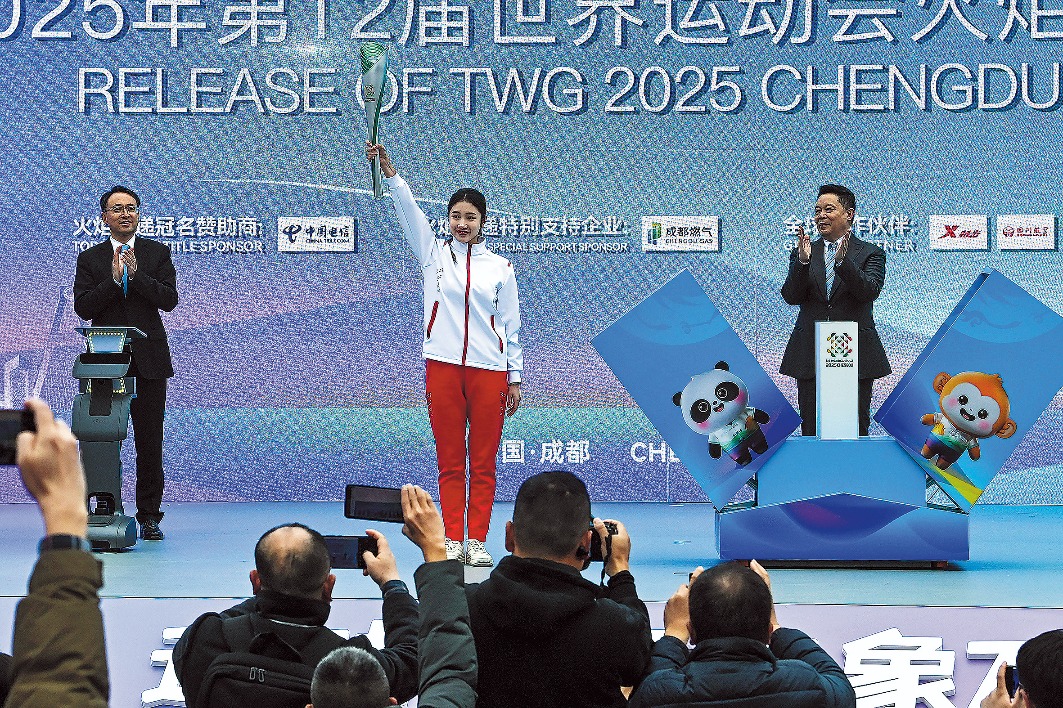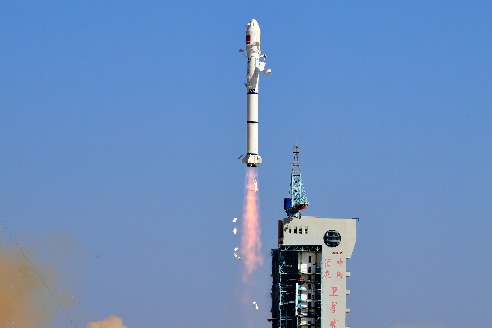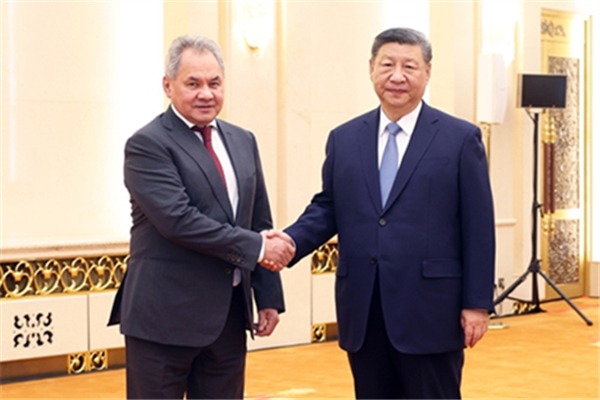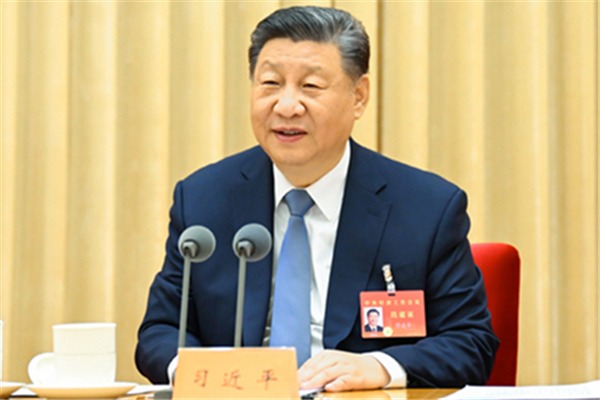Tsung-Dao Lee, Chinese American physicist and nobel laureate, dies at 97

Chinese American physicist Tsung-Dao Lee, a Nobel laureate renowned for his contributions to high-energy physics and his role in advancing China's science education, passed away in the United States early Monday morning at the age of 97.
Shanghai Jiao Tong University, where Lee held an honorary professorship, confirmed his death in an obituary released Monday afternoon.
born in Shanghai in November 1926, Lee, who is also a foreign academician of the Chinese Academy of Sciences. He attended universities in the provinces of Zhejiang and Yunnan before obtaining a doctoral degree at the University of Chicago in the US in 1950.
In 1953, he began teaching at Columbia University in the City of New York until his retirement in 2012 as a University Professor and Enrico Fermi Professor of Physics.
Lee was best known for his work with Chen Ning Yang, another renowned Chinese physicist who now lives on the campus of Tsinghua University in Beijing, for their investigation into the so-called parity laws. The research earned them the 1957 Nobel Prize in Physics.
In addition to his cutting-edge research outcomes, Lee was deeply respected for his efforts in cultivating Chinese science talents and contributing to the development of the study of physics in China.
Since the early 1970s, he frequently traveled to China to give lectures and provide suggestions on China's science education, frontier research in high-energy physics, high-quality talent cultivation and China's scientific cooperation with other countries.
He helped establish a number of academic programs for gifted youth and college students in China to foster talents and promote Chinese researchers' communication with the US and other developed countries.
He also played an important role in advocating for the establishment of the National Natural Science Foundation of China, the China-US joint committee on high energy physics, as well as the construction of several high-end large science facilities, which spearheads China's innovative research in basic science and paves the way for China's breakthrough discoveries in high energy physics.
Yan Ning, an academician of the CAS, and founding president of the Shenzhen Medical Academy of Research and Translation, said on Monday afternoon in her personal social media account that the death of Lee is "the fall of a giant star".
Tang Chao, an academician of the CAS and head of the National Natural Science Foundation of China's interdisciplinary science department, said that the formation of the China United States Physics Examination and Application — an academic program initiated by Lee more than four decades ago — had trailed a blaze in sending Chinese students to study in the US.
Nearly 1,000 students enrolled in the program until its end in 1988 and they have now become renowned scientists or leading company managers.
"The program is a landmark in China's international science and talent communication and leaves a dent in China's history of reform and opening up," he said in the statement released on the social media platform WeChat.
- China's national public data platform put into service
- Mount Qomolangma scenic area reopens after 6.8-magnitude Xizang quake
- Chinese procuratorates strengthen efforts to protect cultural heritage, relics
- CPC Party school holds opening ceremony for spring semester
- China renews yellow alerts for cold wave, heavy fog
- Things to watch at China's 2025 'two sessions'




































